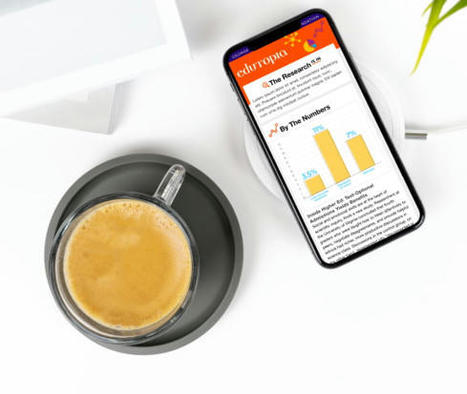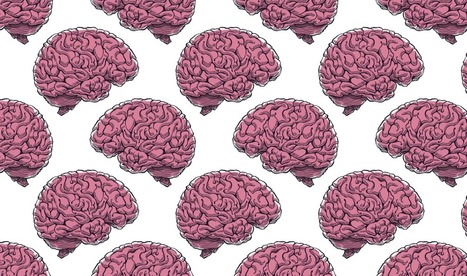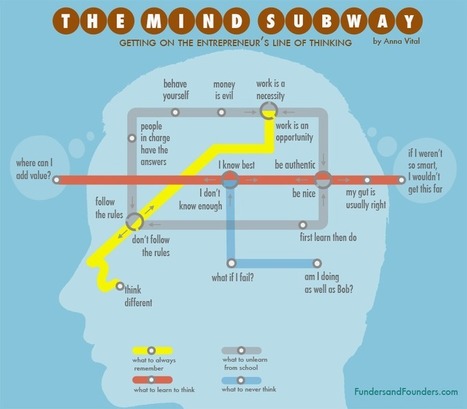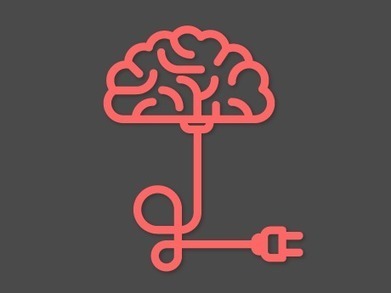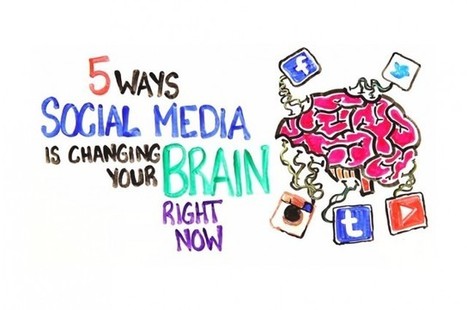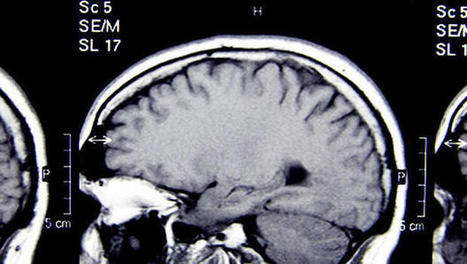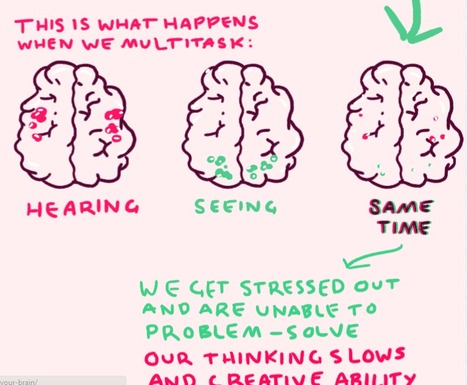Counterintuitive techniques for when you feel overwhelmed.
Information overload is everywhere, from non-stop news to rat-a-tat email inboxes. At the receiving end of this deluge of verbiage is the human brain—your brain— metaphorically endowed with a vacuum cleaner that sucks up information; a container for short-term memory; a blender for integrating information; a memory bank for storing long-term information; a garbage disposal for getting rid of information; and a recycling machine extraordinaire. Using each of these functions effectively is critical if one wants to manage information overload ̶ simply using your brain for crossing items off your to-do list is poor use of a very sophisticated machine. Yet few people build the habits and lifestyles that allow for their brains to function at their best.
At the core of managing information overload is the ability to know which function to use, and how and when to use it. The six principles below can serve as a guide to the proper brain hygiene for managing information overload on a busy work day. Read more: click image or title.
FREE Business Plan Template here: http://bit.l/1aKy7km
Growthink teaches how to FUND, build, grow, and sell a great business: http://bit.ly/2hn5ROb
“I have found your Growthink information to be worth every dime I paid, and I have just read a fraction of the materials you have provided me.
Thanks again!”
Steven Sorensen
Via
Marc Kneepkens



 Your new post is loading...
Your new post is loading...

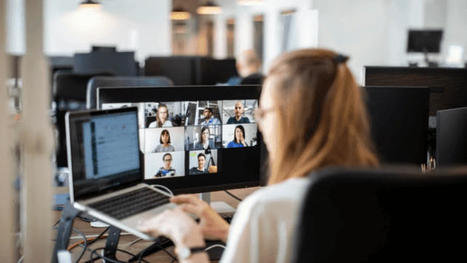


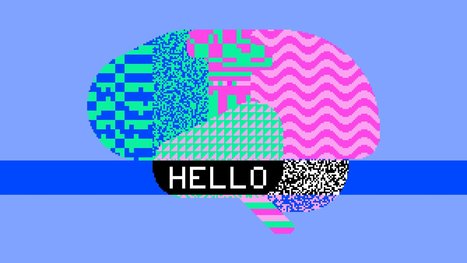

![How Our Brains Process Different Kinds of Content [Infographic] | Daily Magazine | Scoop.it](https://img.scoop.it/HsZVF6g65KRROzZw8lf_bzl72eJkfbmt4t8yenImKBVvK0kTmF0xjctABnaLJIm9)


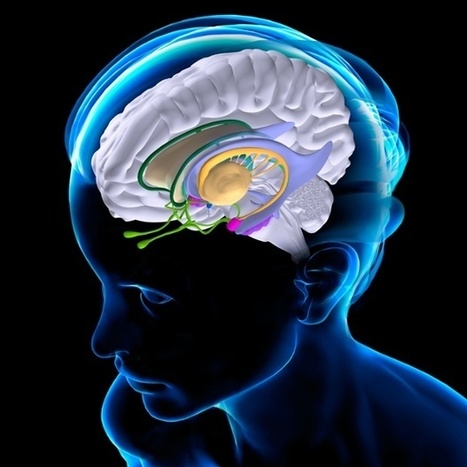



![Why Our Brains Love Visual Content [infographic] | Daily Magazine | Scoop.it](https://img.scoop.it/QsAcA0pXJl_cnfTaA7bRMzl72eJkfbmt4t8yenImKBVvK0kTmF0xjctABnaLJIm9)


![Smartphone Brain Scanner [VIDEO] | Daily Magazine | Scoop.it](https://img.scoop.it/qQZRQdObfhqFkC-hGn_3jDl72eJkfbmt4t8yenImKBVvK0kTmF0xjctABnaLJIm9)
